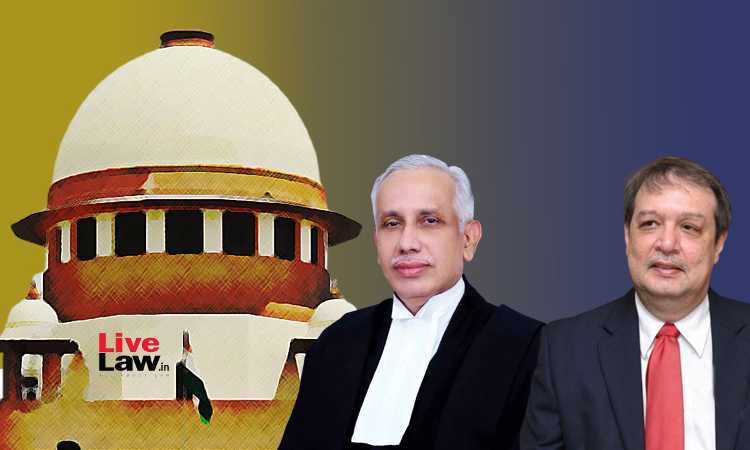Mere Abusive, Humiliating Or Defamative Words By Itself Cannot Attract Offence Under Section 294 IPC : Supreme Court
Ashok KM
14 Oct 2022 3:39 PM IST

Next Story
14 Oct 2022 3:39 PM IST
The Supreme Court observed that mere abusive, humiliating or defamative words by itself cannot attract an offence under Section 294 of the Indian Penal Code. To prove the offence under Section 294 of IPC mere utterance of obscence words are not sufficient but there must be a further proof to establish that it was to the annoyance of others, the bench of Justices S.Abdul Nazeer and JB...
